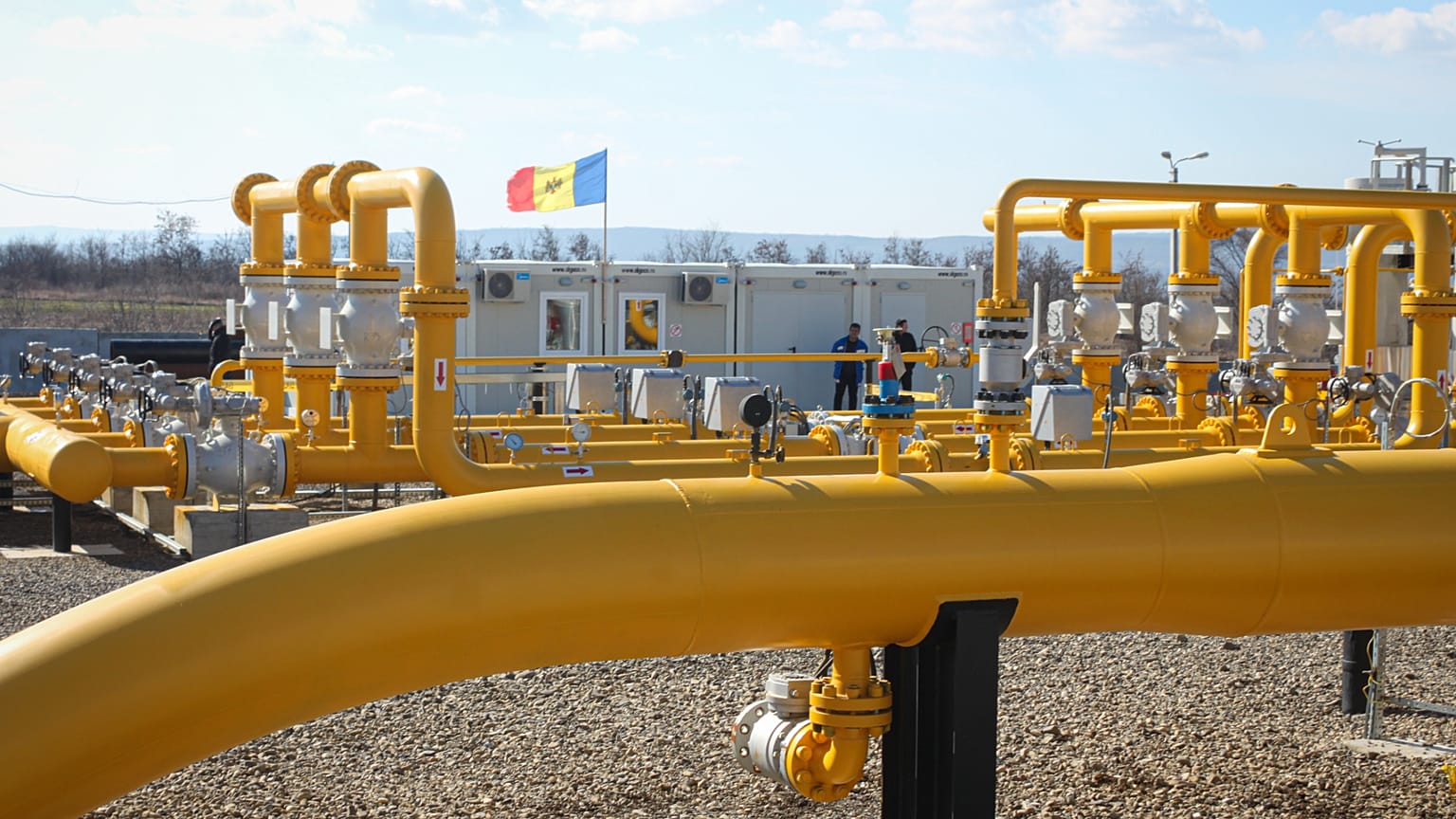While gas entering the bloc via pipeline is decreasing, liquefied natural gas is set to increase casting doubts on the bloc’s green undertakings.
Imports of pipeline gas to the EU dipped 9% year on year in the first half of 2025, following halting of Russian gas transit via Ukraine at the beginning of the year, according to a recent analysis, but the bloc has increased its reliance on liquefied natural gas (LNG).
 ADVERTISEMENT
ADVERTISEMENT
 ADVERTISEMENT
ADVERTISEMENT
The uptake of energy efficient appliances and the growth of renewables contributed to cut the bloc’s gas consumption in recent years, according to the updated EU Gas Flows Tracker from the Institute for Energy Economics and Financial Analysis (IEEFA).
However, while the EU is currently mulling how to stop the import of oil and gas from Moscow by the end of 2027, the bloc’s imports of Russian pipeline gas via Türkiye have increased in recent years and Ankara has been clear that it won’t support the EU’s plan to ditch Russian gas imports, offering a back door for Moscow to enter the European market.
The top-three sources of EU pipeline gas imports in the first half of the year were Norway (55%), Algeria (19%) and Russia via Türkiye (10%), IEEFA said, adding that EU gas pipeline imports from Azerbaijan, Libya and Norway decreased year on year in the first half of the year, while those from Algeria, Russia via Türkiye, Türkiye and the UK slightly increased.
Overall, gas pipeline imports from Russia decreased from over 150 billion cubic meters (bcm) in 2021, prior to Moscow’s war in Ukraine, to less than 52bcm in 2024, EU data reveals.
Dirty and dispensable US LNG?
EU imports of LNG will further increase from overseas following the EU-US trade deal where the bloc agreed to buy $250bn of energy — including LNG — per year.
During his recent attendance at the Gastech event in Milan, US Energy Association President and CEO Mark Menezes regarded the EU’s imminent withdrawal from Russia as a “massive opportunity” for Washington to step in as Europe’s most reliable supplier of natural gas.
“Massively increasing LNG imports to satisfy the deal [EU-US] is unachievable. Europe’s gas demand is declining, and the market is unlikely to absorb excess volumes,” said Ana Maria Jaller-Makarewicz, lead energy analyst, at IEEFA.
Meanwhile, EU auditors have raised concerns in relation to the bloc’s dependence on imported LNG as well as the need to decarbonise some of its gas consumption, a warning to US gas exporters who will need to comply with EU laws requiring best practices to minimize environmental impacts, such as the methane regulation.
“Given the EU’s dependence on foreign gas, it can never be complacent about its security of supply. And consumers do not have any affordability guarantees in the event of a major future shortage,” Joāo Leāo, from the European Court of Auditors (ECA), told reporters back in June.














